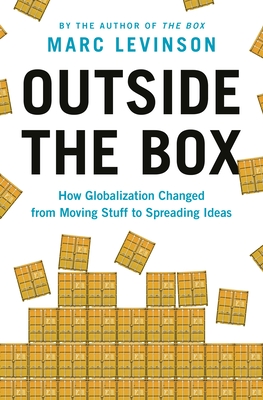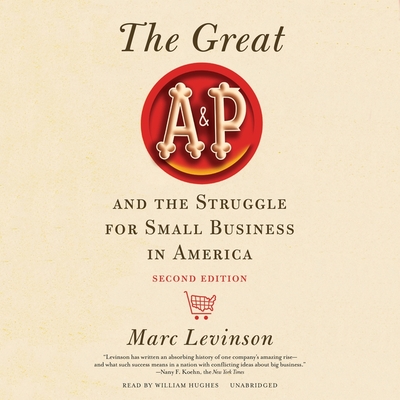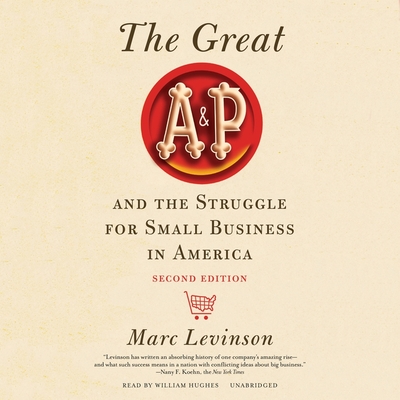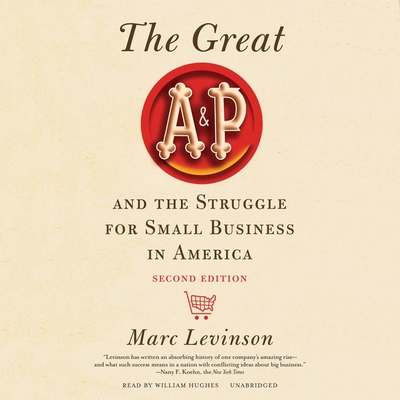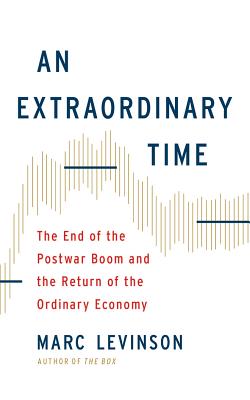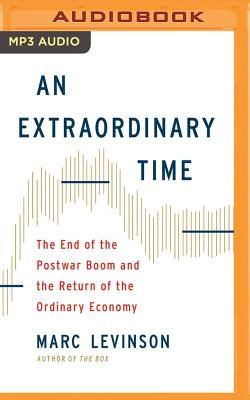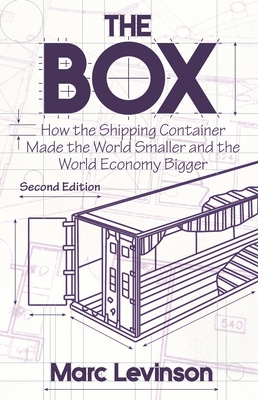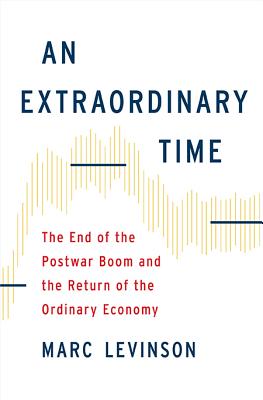
An Extraordinary Time:The End of the Postwar Boom and the Return of the Ordinary Economy
Interview with Marc Levinson
January 17, 2017Sign Up to listen to full interview.
About Marc Levinson
Marc Levinson began as a journalist, reporting on business for Time magazine and the Bureau of National Affairs (BNA) and serving as editorial director of the daily Journal of Commerce in New York. After several years writing about business and economics for Newsweek, he became finance and economics editor of The Economist in London. In 1999 Marc joined the predecessor to JP Morgan Chase, where he created a unique industry economics function that married economic research with stock and bond analysis and developed a line of environmental research products for institutional investor clients. He has had stints advising Congress on transportation and industry issues and serving as senior fellow for international business at the Council on Foreign Relations, and has consulted for a number of businesses and public agencies.
Marc’s career has been eclectic, but with a common thread: his professional life has centered on making complex economic issues understandable to the general public. Much of his work has been international in focus, dealing with international trade and globalization, international finance and financial regulation, and energy and environmental issues that cross international borders.
He has written six books that merge my interests in economics and business strategy with historical research. He has also written many articles for leading publications, such as Harvard Business Review and Foreign Affairs, and contributed historical pieces to Echoes, the former economic history blog at Bloomberg.com. He frequently reviews books for The Wall Street Journal and other publications.
Marc earned a bachelor’s degree from Antioch College, a master’s degrees from Georgia State University and the Woodrow Wilson School at Princeton University, and a doctorate from the City University of New York.
Interview Summary
In the last four decades, the United States and other developed nations have struggled to revive economic growth above 3%. Politicians and economists of all stripes have tried Keynesian stimulus, price controls, and conservative solutions ranging from free market incentives to privatization.
With the help of comprehensive research, Marc Levinson explains argues that these political and economic measures have failed to achieve higher economic growth because of a permanent slowing of productivity growth. He also reminds us that the coveted growth target, once set as a benchmark in the booming years after World War II, is inherently elusive in the reality of today's economy.
Key Topics
- Why was the period between 1948 and 1973 an extraordinary time for the global economy?
- What led to above-normal growth in that time period?
- What is productivity and how can it be measured?
- Why did various liberal solutions such as price control and economic stimulus packages fail to produce long-term growth?
- Why did a conservative agenda of privatization, deregulation, smaller government, and free market also fail to lift economic growth in the long term?
- Why is it so hard and unpredictable to increase productivity year after year?
- How does income inequality affect economic growth?
- What prevents technological advances from showing up in productivity increase?
- Can we control productivity increase and make it more predictable?
- What factors, other than economic, are involved in building a strategy towards increasing productivity and economic growth?

